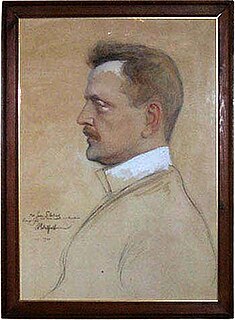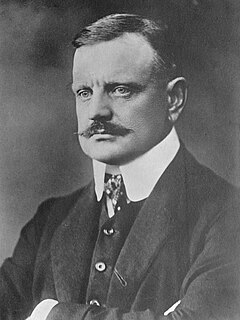
Lohengrin, WWV 75, is a Romantic opera in three acts composed and written by Richard Wagner, first performed in 1850. The story of the eponymous character is taken from medieval German romance, notably the Parzival of Wolfram von Eschenbach and its sequel, Lohengrin, written by a different author, itself inspired by the epic of Garin le Loherain. It is part of the Knight of the Swan tradition.

Practical Magic is a 1998 American romantic comedy fantasy film based on the 1995 novel of the same name by Alice Hoffman. The film was directed by Griffin Dunne and stars Sandra Bullock, Nicole Kidman, Stockard Channing, Dianne Wiest, Aidan Quinn, and Goran Visnjic.

Come to the Stable is a 1949 American film which tells the true story of the Abbey of Regina Laudis and the two French religious sisters who come to a small New England town and involve the townsfolk in helping them to build a children's hospital. It stars Loretta Young, Celeste Holm, Hugh Marlowe, Elsa Lanchester, Thomas Gomez, Dooley Wilson and Regis Toomey.
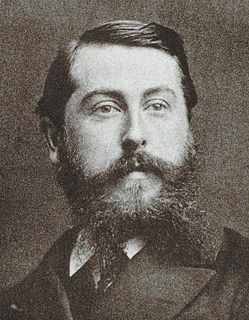
Lakmé is an opera in three acts by Léo Delibes to a French libretto by Edmond Gondinet and Philippe Gille.

Hansel and Gretel is an opera by nineteenth-century composer Engelbert Humperdinck, who described it as a Märchenoper. The libretto was written by Humperdinck's sister, Adelheid Wette, based on the Grimm brothers' fairy tale "Hansel and Gretel". It is much admired for its folk music-inspired themes, one of the most famous being the "Abendsegen" from act 2.
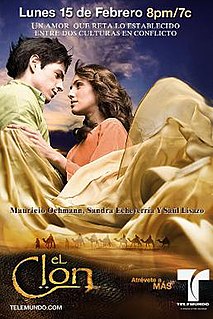
El Clon is a Spanish-language telenovela released in 2010, produced by the U.S.-based television network Telemundo, the Colombian network Caracol Television and the Brazilian network Globo. It is a remake of O Clone, a Brazilian telenovela that originally aired on Globo in 2001 and on Telemundo in 2002. This limited run melodrama, which starred Mauricio Ochmann and Sandra Echeverría, deals with topics such as drug trafficking, cloning and Islam.
La Sylphide is a romantic ballet in two acts. There were two versions of the ballet; the original choreographed by Filippo Taglioni in 1832, and a second version choreographed by August Bournonville in 1836. Bournonville's is the only version known to have survived and is one of the world's oldest surviving ballets.
The Witch is a Jacobean play, a tragicomedy written by Thomas Middleton. The play was acted by the King's Men at the Blackfriars Theatre. It is thought to have been written between 1613 and 1616; it was not printed in its own era, and existed only in manuscript until it was published by Isaac Reed in 1778.
"Treehouse of Horror XI" is the first episode of The Simpsons' twelfth season and the 249th overall, and the eleventh Halloween episode. The episode features "G-G-Ghost D-D-Dad", "Scary Tales Can Come True" and "Night of the Dolphin" and was written by Rob LaZebnik, John Frink and Don Payne and Carolyn Omine and directed by Matthew Nastuk.

Valerie and Her Week of Wonders is a 1970 Czechoslovakian surrealist horror film directed by Jaromil Jireš and based on the 1935 novel of the same name by Vítězslav Nezval. It is considered part of the Czechoslovak New Wave movement. The film stars 13-year-old Jaroslava Schallerová as Valerie, with a supporting cast that includes Helena Anýžová, Karel Engel, Jan Klusák, and Petr Kopriva.

May Night is a comic opera in three acts, four scenes, by Nikolai Rimsky-Korsakov from a libretto by the composer and is based on Nikolai Gogol's story "May Night, or the Drowned Maiden", from his collection Evenings on a Farm Near Dikanka.

Matthew Bourne's Swan Lake was first staged at Sadler's Wells theatre in London in 1995. The longest running ballet in London's West End and on Broadway, it has been performed in the UK, Los Angeles, Europe, Russia, Australia, South Korea, Japan, Israel and Singapore. The story is based on the Russian romantic ballet Swan Lake, from which it takes the music by Tchaikovsky and the broad outline of the plot. Bourne's rendering is best known for having the traditionally female parts of the swans danced by men.
The Musical Comedy Murders of 1940 is a comedy by John Bishop. The play was first performed at the Circle Repertory Company in their theatre at 99 Seventh Avenue South in New York City, later moving to Broadway, opening on April 6, 1987, in The Longacre Theatre. Both productions were directed by the playwright and shared the same cast. The play is said to have been based on several 1940s mystery movies, including The Cat and the Canary, one of Bob Hope's first films.
Lion of Oz is a 2000 animated film set before the children's novel The Wonderful Wizard of Oz. It tells the story of how the Cowardly Lion, formerly part of the Omaha Circus, came to be in Oz and how he stopped the Wicked Witch of the East from getting the Flower of Oz. It is based upon the book Lion of Oz and the Badge of Courage by Roger S. Baum.
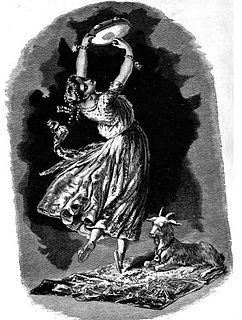
Esmeralda[ɛs.me.ʁɑl.da], born Agnès, is a fictional character in Victor Hugo's 1831 novel The Hunchback of Notre-Dame. She is a French Roma girl. She constantly attracts men with her seductive dances, and is rarely seen without her clever goat Djali. She is around 16 years old and has a kind and generous heart.

The Legend of Snow White is a Japanese anime series produced by Tatsunoko Production and based on the European fairy tale. Directed by Tsuneo Ninomiya and using a screenplay written by Jinzō Toriumi, the series premiered on NHK on 6 April 1994 and ran for 52-episodes until its conclusion on 29 March 1995. All episodes of this series were dubbed to Arabic and released on Spacetoon for the first time in the Arab world.

The Magic Riddle is a 1991 Australian animated feature film directed and written by Yoram Gross. The film tells the story of Cindy, an orphan who lives as an indentured servant to her cruel stepmother, and features elements of famous fairytales including Cinderella, Snow White and the Seven Dwarfs, Little Red Riding Hood, Sleeping Beauty and Pinocchio. Robyn Moore provides the voice of Cindy and various other characters.
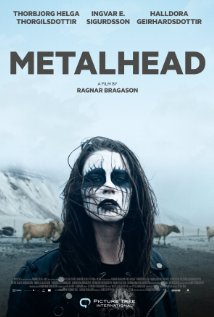
Metalhead is a 2013 Icelandic drama film written and directed by Ragnar Bragason. It was screened in the Contemporary World Cinema section at the 2013 Toronto International Film Festival.


